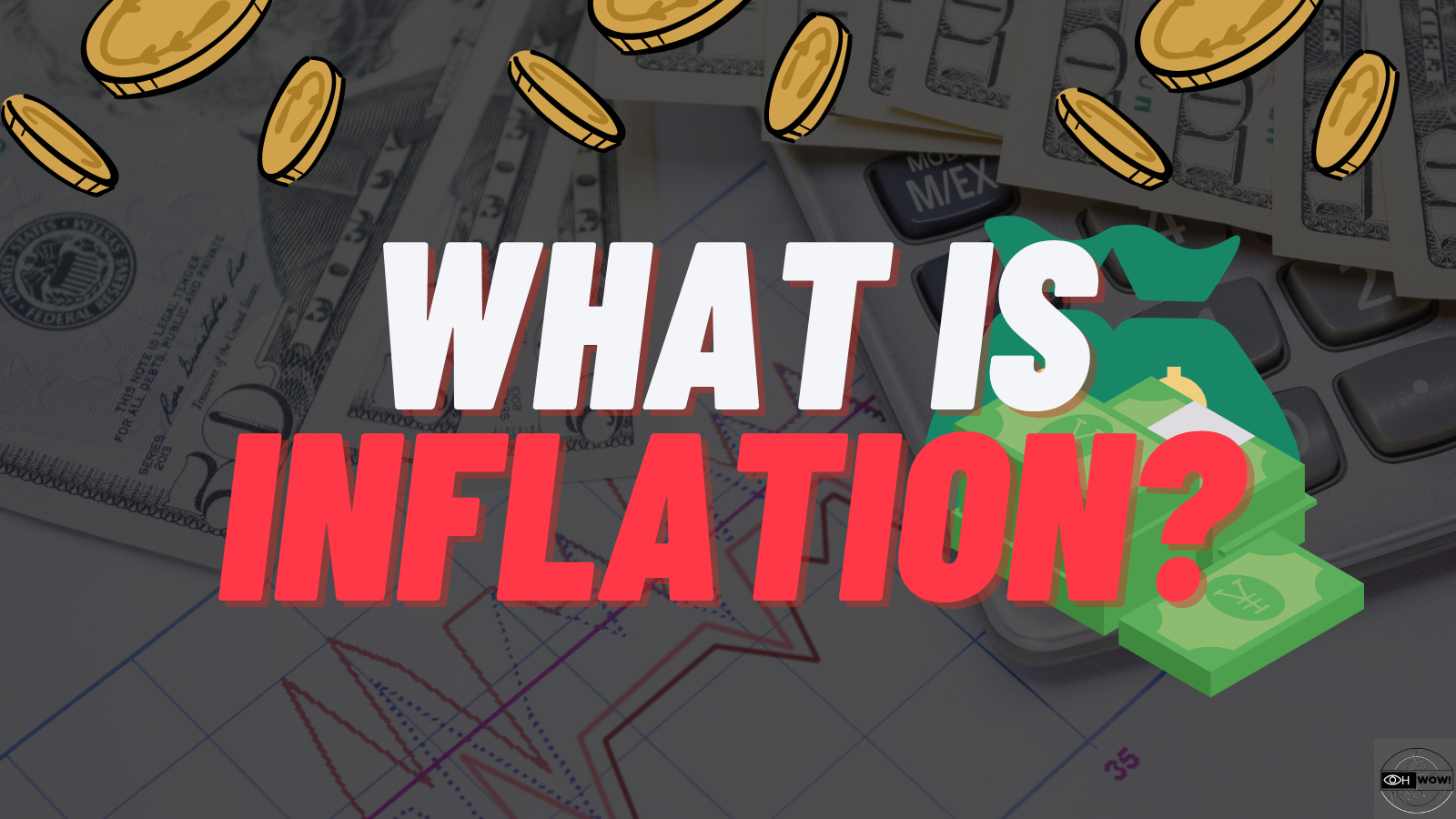WHAT IS INFLATION? HOW DOES IT AFFECT US?
Inflation is a measure of the rate at which the general level of prices for goods and services is rising, and subsequently, purchasing power is falling. Central banks attempt to limit inflation and avoid deflation, in order to keep the economy running smoothly.
The purchasing power of a unit of currency decreases as prices rise. This is due to the fact that as prices grow, more currency units are required to purchase the same amount of products or services. The purchasing power of a dollar has diminished, for instance, if the price of a loaf of bread rises from $1 to $1.50 since it can now only be used to purchase two-thirds of a loaf rather than the entire loaf.
Because inflation reduces people's savings value, it can have a big impact. Savings will only be worth 95% of their original value after one year, 90.25% after two years, and so on if prices are increasing by 5% annually. This means that people must either find ways to invest their money to generate returns that are greater than the rate of inflation in order to maintain their quality of life, or they must continually find ways to increase their income.
The economy may become unstable and uncertain as a result of inflation, which is another effect. People may be less inclined to make long-term investments or sign long-term contracts if they anticipate price increases in the future. This may cause the economy to slow down, which could ultimately result in increased unemployment and slower growth.
By employing a number of instruments, including interest rate setting and monetary policy implementation, central banks try to maintain low and steady inflation. Central banks seek to support a sound and stable economy with high growth and low unemployment by aiming to keep inflation low.
WANT TO SHARE YOUR CRYPTO STORY? EMAIL US AT: ohwowhq@gmail.com

